The Motor Driver Module (L293D) is a powerful and versatile component designed to control DC motors and stepper motors in various electronic projects. This module utilizes the L293D IC, which allows for bidirectional control of motors, enabling them to rotate in both clockwise and counterclockwise directions. With a maximum output current of 600mA per channel and a voltage range of 4.5V to 36V, this module is perfect for driving small to medium-sized motors used in robotics, automation, and other DIY projects.
Equipped with built-in protection diodes, the L293D module safeguards the circuit from back EMF generated during motor operation, ensuring a longer lifespan and reliability. The module features an easy-to-use pin configuration, making it compatible with popular microcontrollers like Arduino and Raspberry Pi. Additionally, the onboard LEDs provide visual feedback on motor operation, enhancing the user experience.
Key Features:
- Bidirectional Control: Control the direction of motors with ease, allowing for clockwise and counterclockwise rotation.
- Dual Channel Operation: Drive two motors simultaneously or control a single stepper motor.
- High Output Current: Each channel supports up to 600mA, suitable for small to medium motors.
- Wide Voltage Range: Operates with a voltage range of 4.5V to 36V, accommodating various motor specifications.
- Built-in Protection Diodes: Safeguards the module against back EMF, enhancing durability and reliability.
- Easy Integration: Compatible with Arduino, Raspberry Pi, and other microcontrollers for straightforward implementation.
- Status Indicator LEDs: Onboard LEDs provide real-time feedback on motor operation, aiding troubleshooting and monitoring.
Applications:
- Robotics: Ideal for driving wheels, arms, and other moving parts in robotic systems.
- Automation Projects: Perfect for creating automated systems that require motor control, such as conveyor belts and lifts.
- DIY Projects: Excellent for hobbyists and makers looking to add motor control to their electronic creations.
- Educational Use: Commonly used in educational kits to teach students about motor control and electronics.
Note: Images are for illustration purposes only.

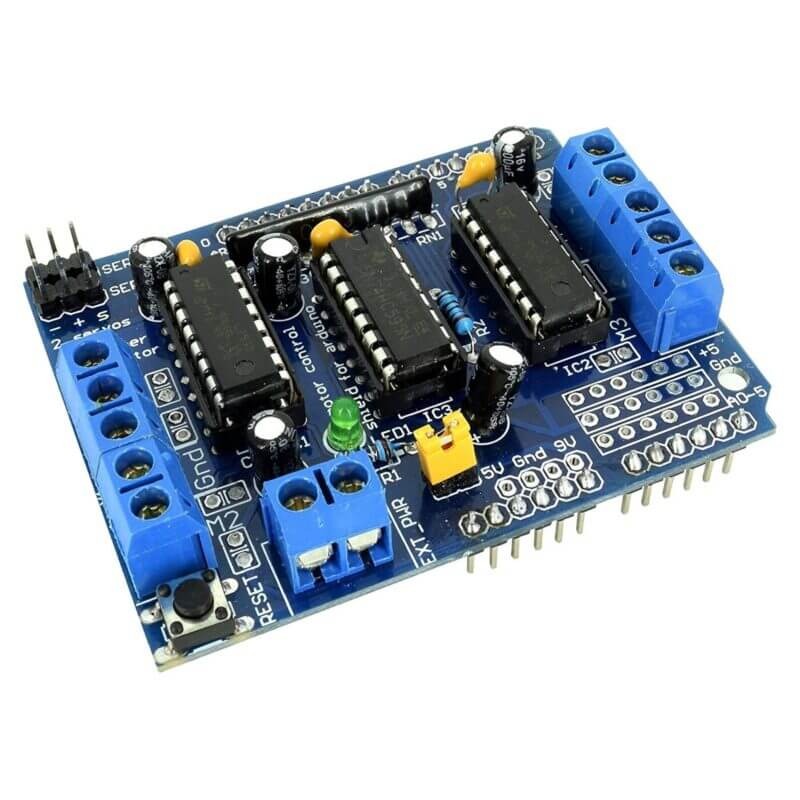
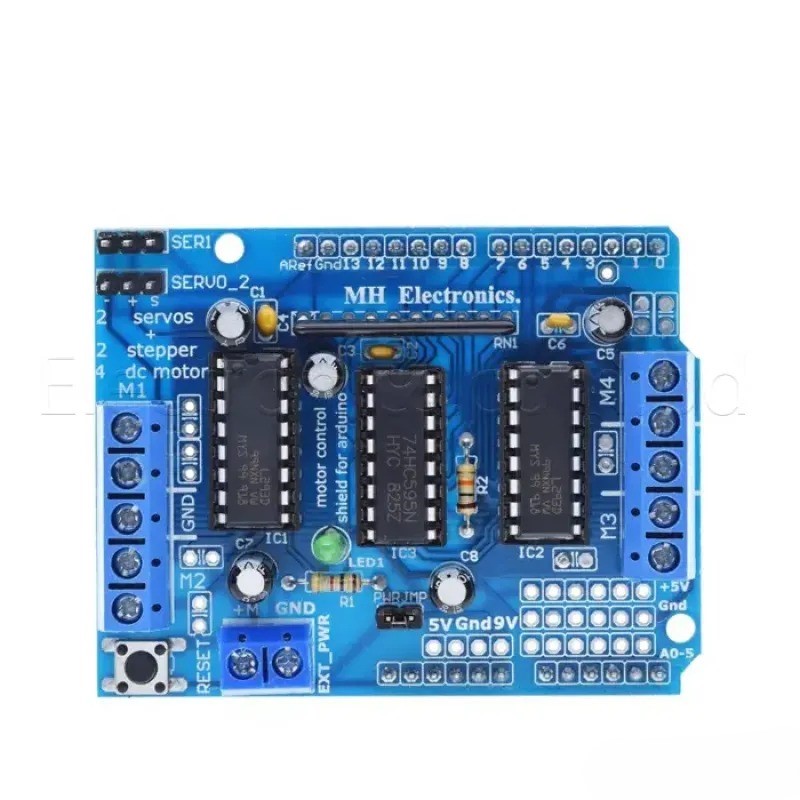
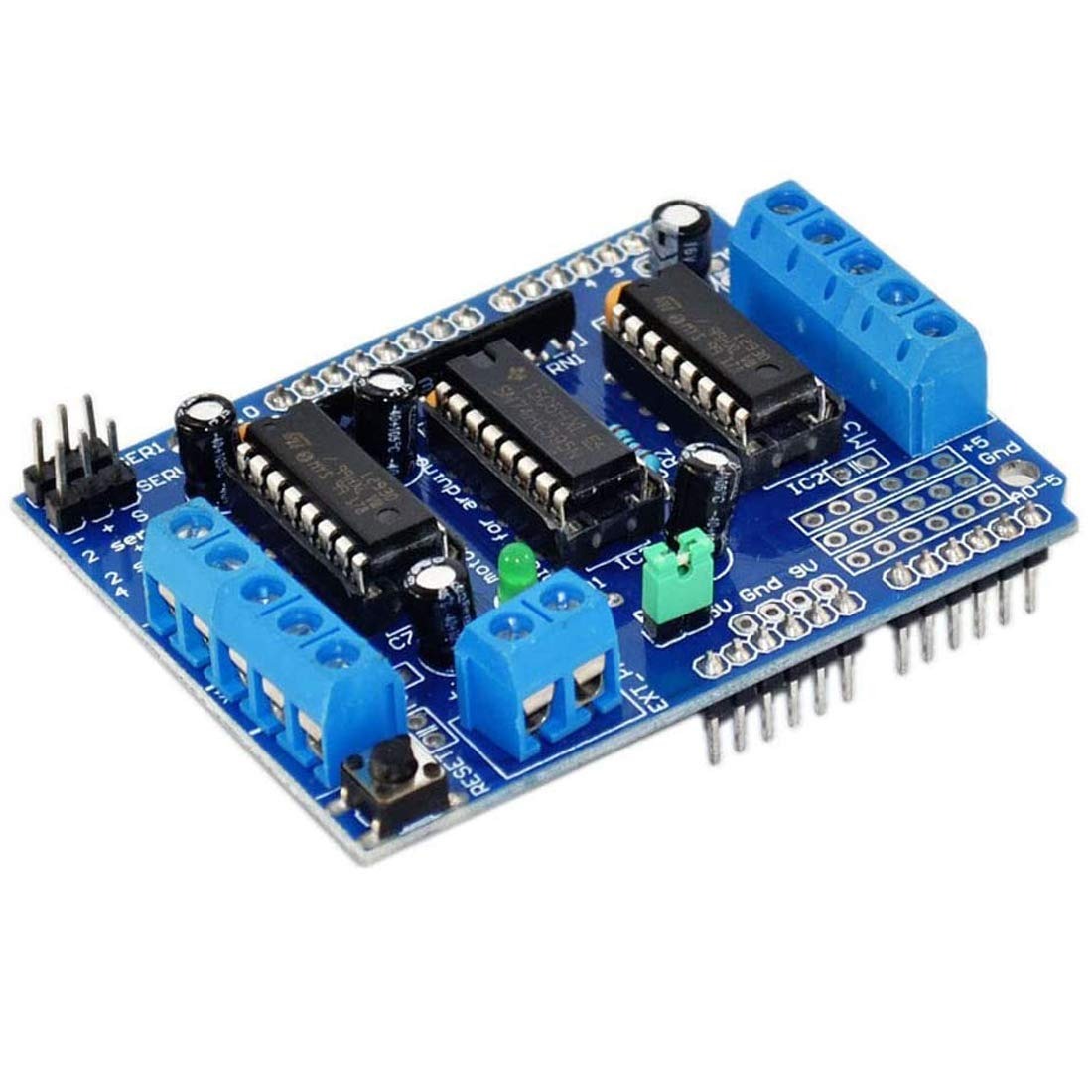
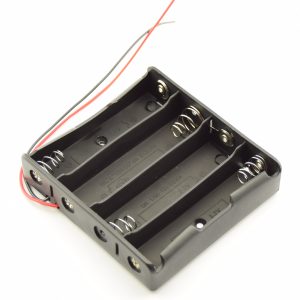
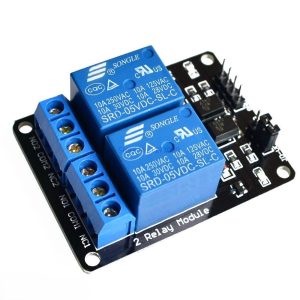
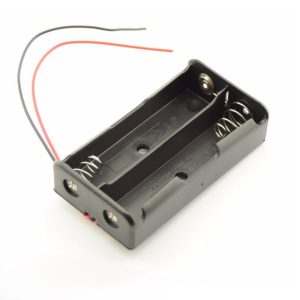
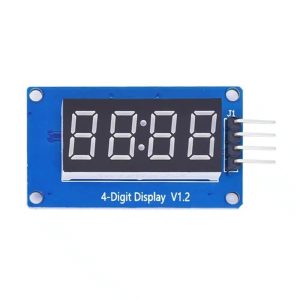
There are no reviews yet.